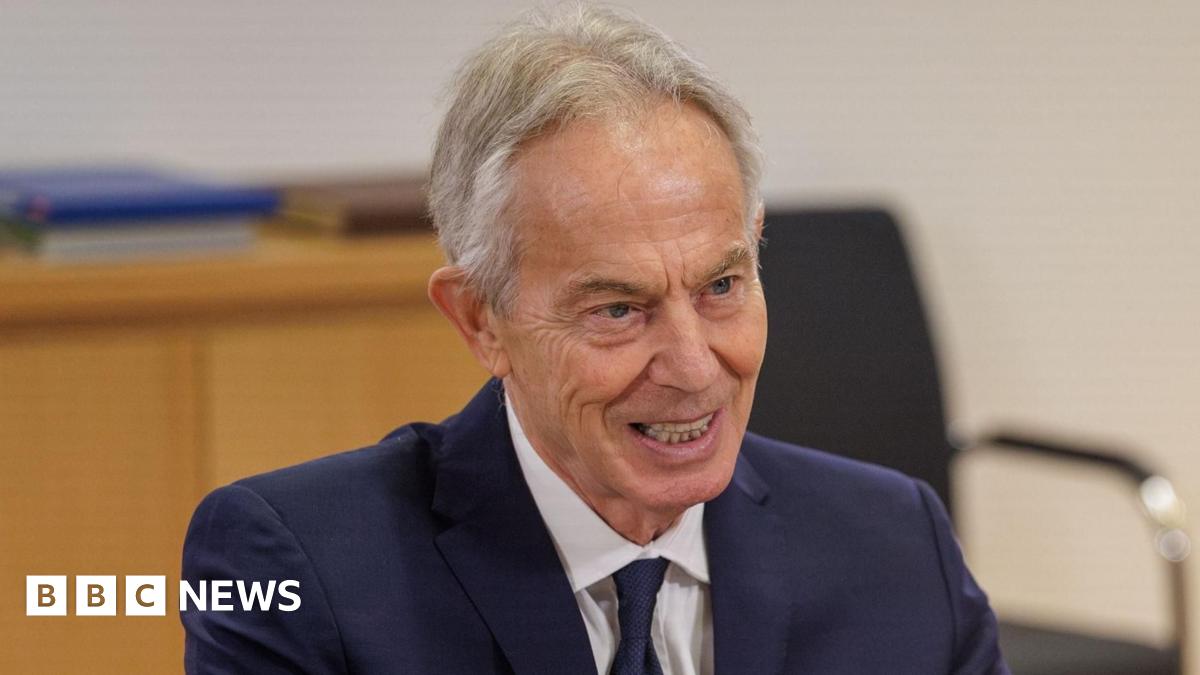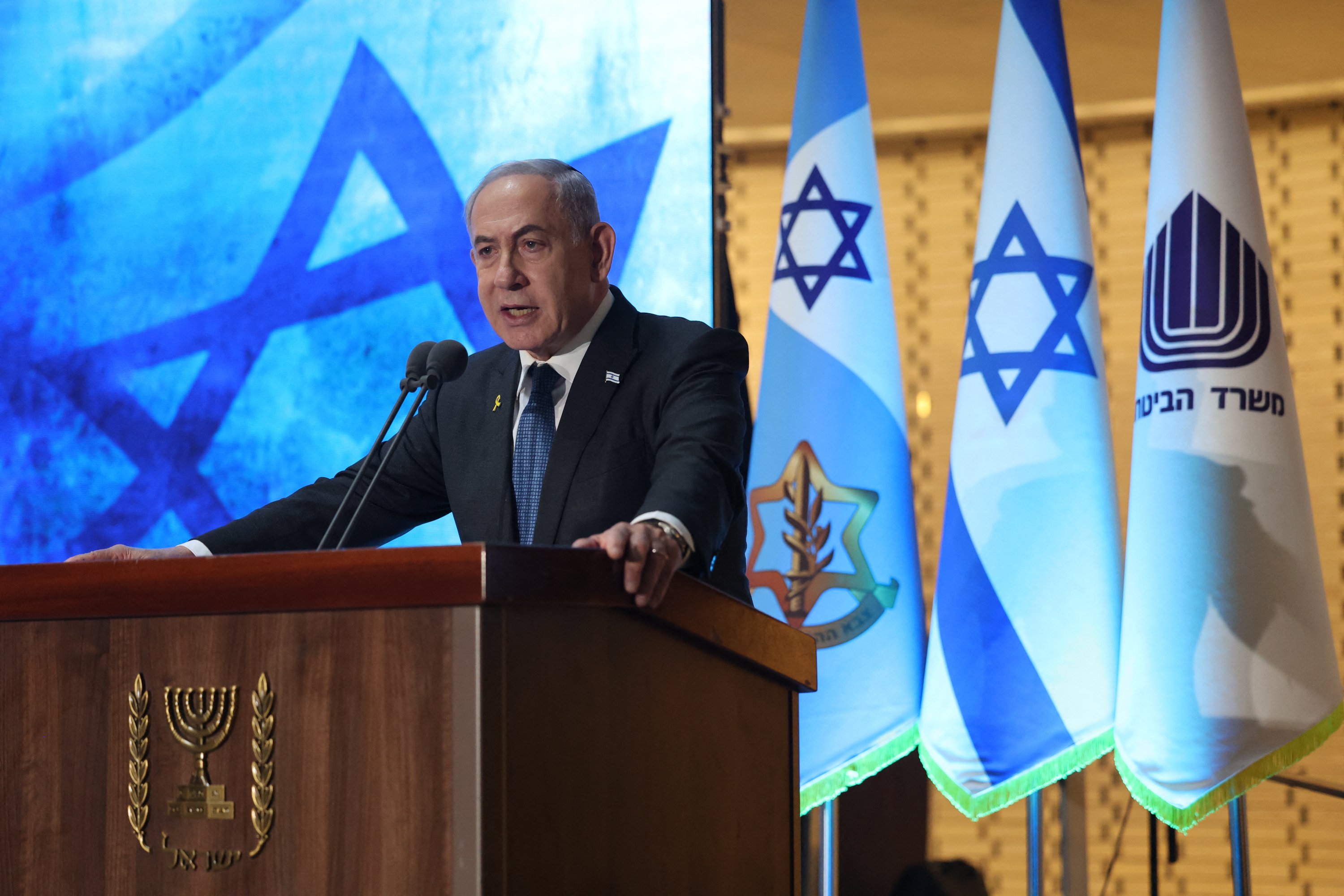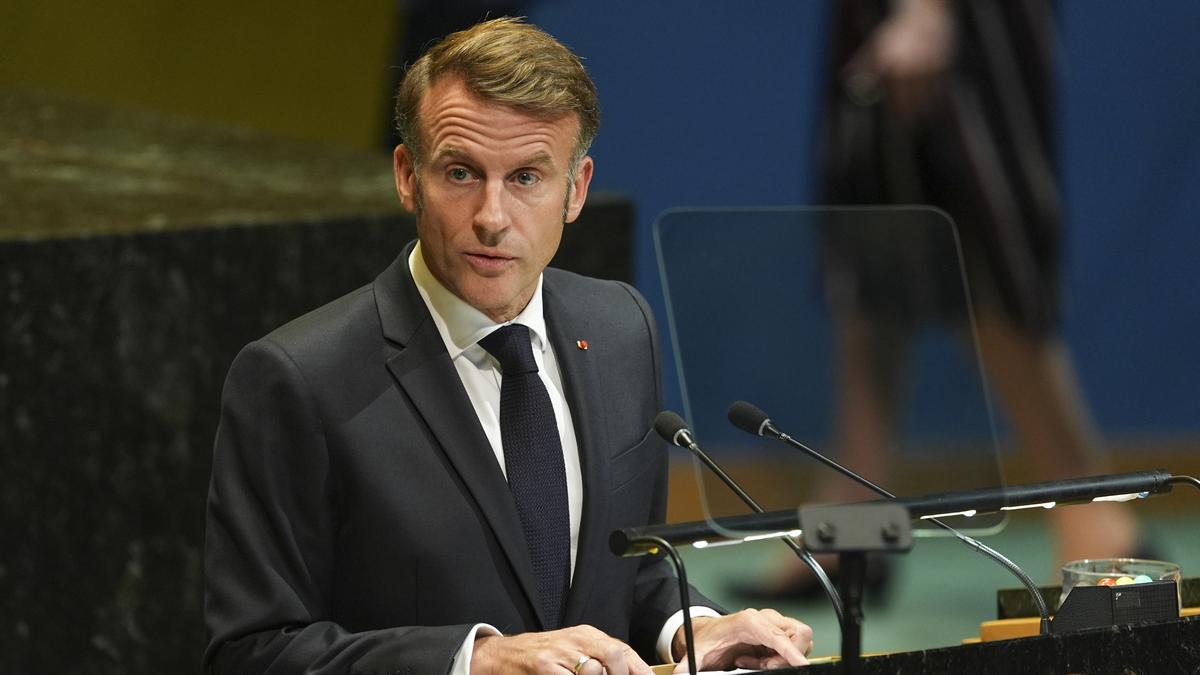Trump and Netanyahu Unveil Gaza Peace Plan: International Response and Details
President Donald Trump and Israeli Prime Minister Benjamin Netanyahu have announced a 20-point peace plan aimed at ending the nearly two-year war in Gaza. The proposal calls for an immediate ceasefire and the release of hostages, but its acceptance by Hamas remains uncertain. The plan has garnered mixed reactions from international leaders and Palestinian factions.
International Reactions to the Peace Plan
The announcement of the Trump-Netanyahu peace plan has elicited diverse responses from around the world. Spain welcomed the plan and urged an end to the violence, echoing support for a two-state solution. European Commission president, Ursula von der Leyen, said the EU is 'ready to contribute' to Trump's peace plan, encouraging all parties to seize this opportunity.
UK cabinet minister Wes Streeting believes President Trump's plan for Gaza could help overcome opposition to a two-state solution. Several Middle Eastern nations including the United Arab Emirates, Saudi Arabia, Qatar, Egypt, Jordan, Turkey, Indonesia, and Pakistan expressed their support for Trump's efforts to end the war, urging a path towards a two-state solution.
However, criticism has emerged regarding the involvement of former UK prime minister Tony Blair in the plan. Mustafa Barghouti of the Palestinian National Initiative voiced concerns, citing Blair's negative reputation in the region due to the Iraq war.
Key Components of the 20-Point Peace Plan
The peace plan hinges on several key conditions. It proposes an immediate end to the fighting, contingent on both sides agreeing to the terms. A crucial element is the release of all Israeli hostages, both living and deceased, held by Hamas within 72 hours of Israel's public acceptance of the deal.
- In return for the hostage release, Israel would release 250 Palestinians serving life sentences and 1,700 Gazans detained since October 7, 2023.
- The plan does not necessitate a full Israeli withdrawal before the hostage release but involves a phased withdrawal to an agreed-upon line inside Gaza.
- Hamas would be required to disarm and relinquish its governing role in Gaza.
- An International Stabilization Force (ISF), including vetted Palestinian police forces, would be deployed to maintain long-term internal security.
Netanyahu's Stance and Hamas's Response
Benjamin Netanyahu expressed his support for the plan, stating that it achieves Israel's war aims. He insisted that Gaza will be demilitarized and that Israel will retain security responsibility. Despite the plan leaving the door open for an eventual Palestinian state, Netanyahu reiterated his opposition to a two-state solution.
As of the announcement, Hamas had not yet formally responded to the 20-point plan. A senior Hamas official indicated the group would study the proposal before issuing a reply. The proposal demands Hamas effectively surrender and disarm in return for an end to fighting, humanitarian aid, and the promise of reconstruction in Gaza.
A Palestinian source informed the BBC that Qatari and Egyptian officials have handed over the White House plan to end the war in Gaza to Hamas officials in Doha. Hamas stated they remain open to studying any proposal that safeguards Palestinian interests and ensures a full Israeli withdrawal from Gaza, though reaffirming their weapons remain a red line as long as the occupation continues.
Humanitarian Crisis and Future Governance in Gaza
The war in Gaza has resulted in a dire humanitarian crisis. According to the Gaza health ministry, 453 people, including 150 children, have died of famine and malnutrition. The ministry warned of "catastrophic challenges" facing medical teams due to medicine and supply shortages.
The peace plan proposes a temporary transitional governance for Gaza, with a "technocratic, apolitical Palestinian committee" overseeing public services and municipalities. This committee would be supervised by a "Board of Peace," chaired by President Trump and including figures like former UK Prime Minister Tony Blair.
The proposal also outlines an "economic development plan" to rebuild Gaza, establishing a special economic zone with preferred tariff rates. It emphasizes that no one will be forced to leave Gaza and aims to encourage people to stay and build a better future.
Challenges and Outlook
The success of the Trump-Netanyahu peace plan hinges on Hamas's willingness to accept the terms, which include disarmament and relinquishing governance. Even with international support, implementing the plan will require overcoming significant obstacles and bridging deep-seated divisions. The plan represents an ambitious attempt to end the conflict in Gaza and pave the way for a more stable future in the Middle East, but its ultimate success remains uncertain.
 Visit the website
Visit the website







